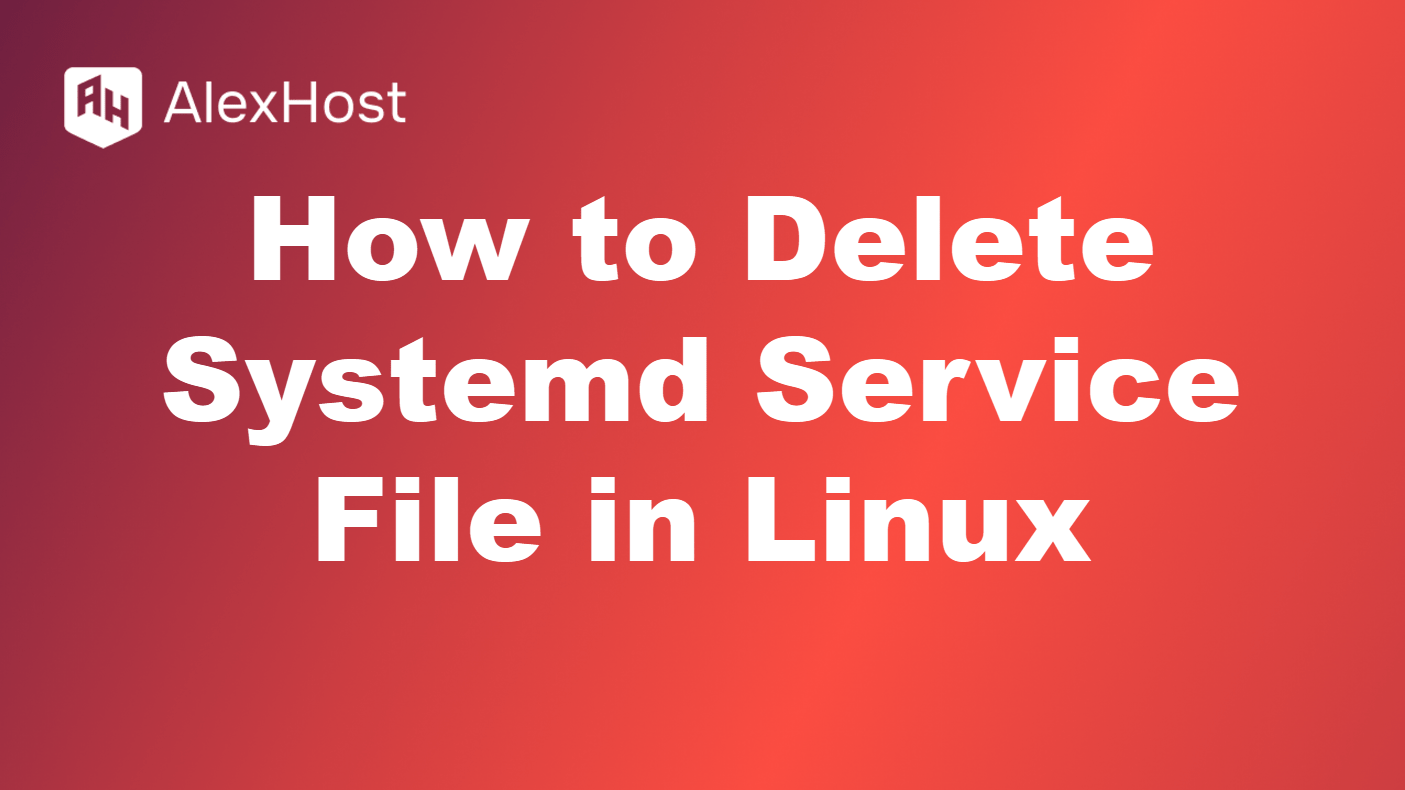SSL (Secure Sockets Layer) certificates play a crucial role in securing connections between a client (such as a web browser) and a server by encrypting the data exchanged. When you visit a website that uses SSL, your browser stores the SSL certificates in its cache to speed up future connections. However, there are times when […]
Setting up Gmail for sending and receiving emails through your VPS (Virtual Private Server) can help you manage your emails more efficiently, particularly if you are running a website or service. This article walks you through the steps to configure your VPS to use Gmail’s SMTP (Simple Mail Transfer Protocol) and IMAP (Internet Message Access […]
Managing web traffic effectively starts with a secure and reliable hosting solution. AlexHost’s Dedicated Servers provide the perfect environment for running NGINX and setting up robust URL redirection rules. With high performance, full root access, and enterprise-level security, AlexHost ensures your web server operates seamlessly, whether you’re migrating domains, enforcing HTTPS, or optimizing traffic flow. […]
Check MySQL Version on Your AlexHost VPS: 4 Easy Methods Why check your MySQL version? Knowing your MySQL version is key for troubleshooting, ensuring compatibility, and keeping your database secure on an AlexHost VPS. With root access and high-performance SSDs, AlexHost makes it easy to manage MySQL for apps like WordPress or custom projects. This […]
There are many Linux-based servers available, each tailored to different needs and configurations. Regardless of the specific setup, one constant remains: the need for regular system administration. Among the most critical routine tasks is package management, which ensures that software is installed, updated, or removed correctly and efficiently. For Debian-based distributions like Ubuntu, Linux Mint, […]
Managing processes efficiently is a key task for anyone using a virtual server, such as those offered by AlexHost. Understanding how to terminate processes in Linux helps optimize system performance, resolve issues, and maintain server stability. In this article, we will explore different methods to end processes in Linux, providing detailed instructions and insights for […]
Removing a Systemd Service File is a critical task for Linux administrators that demands precision and care. When a service is no longer needed, removing its file and configuration can free up system resources and prevent potential issues arising from its improper operation. In this article, we will thoroughly explore the process of removing a […]
OpenVPN is a powerful and flexible tool for creating secure VPN tunnels. This instruction will help you install and configure OpenVPN on a server running Linux (e.g. Ubuntu, Debian, CentOS). Update system packages Before starting the installation, update the system package lists and install all available updates. For Ubuntu/Debian: apt update apt upgrade -y For […]
Yellowdog Updater, Modified (abbreviated YUM) is a package manager used in RPM (Red Hat Package Manager)-based Linux distributions such as CentOS, Fedora, and RHEL (Red Hat Enterprise Linux). YUM makes it easy to install, update, remove, and manage software packages. In this article, we will cover the basic commands and principles of YUM, which will […]
Absolutely every user who is faced with the development of websites and applications understands that in the modern world of Internet technologies, the performance of the project is a critical factor. Fast loading pages not only improve user experience, but also increase the SEO rating of the site. It also has a great effect on […]

















